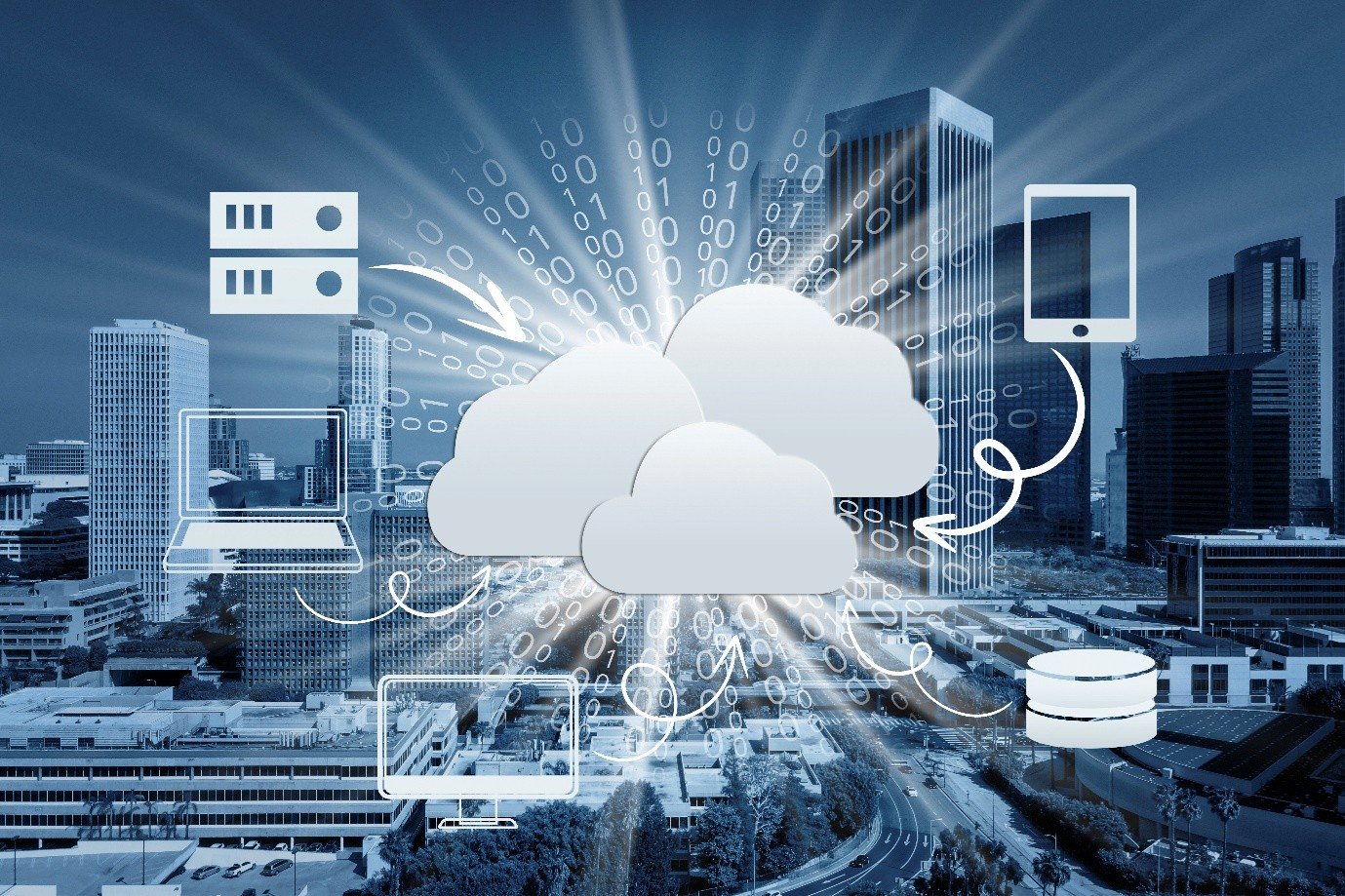Loading

PHP has long been a staple in web development. While new technologies constantly emerge, PHP has managed to stay relevant by evolving quietly—but powerfully. As we step into 2025, the language is no longer just “good enough”; it’s modern, modular, and surprisingly forward-thinking.
If you're wondering where PHP is heading next and how you can stay ahead of the curve, you're in the right place. This blog will walk you through the top innovations, trends, and transformations shaping PHP’s future. ”
PHP in 2025: Still Standing Strong
It’s easy to dismiss PHP as outdated, especially with the rise of languages like JavaScript (Node.js), Python, or Go. But here's the reality: PHP still powers over 75% of websites globally, including giants like Facebook (originally), Wikipedia, and WordPress.
Why is PHP still relevant in 2025?
- Mature ecosystem with extensive support
- Affordable and accessible hosting options
- Dominant frameworks like Laravel and Symfony
- Integration with popular CMSs and eCommerce platforms
- Large global developer community
In short, PHP is not disappearing—it’s maturing.

Language Evolution: PHP 8.3 and Beyond
With every major update, PHP becomes more refined and developer-friendly. PHP 8.3, released in late 2024, introduced enhancements like:
- json_validate() function
- Improved readonly classes
- Enhanced class constant visibility
Looking ahead, PHP 8.4 and future versions are expected to focus on:
- More robust type declarations
- Cleaner, more expressive syntax
- Asynchronous and multi-threading support
- Better performance and memory handling
These changes make PHP feel more like modern programming languages, reducing legacy baggage and improving code maintainability.
Asynchronous PHP Is Going Mainstream
Traditionally, PHP handled one request at a time. That worked fine—until real-time apps like chats, live notifications, or WebSockets became the norm.
But now, tools like ReactPHP and Swoole are making real-time, non-blocking PHP applications a reality.
Key gains from asynchronous PHP:
- Event-driven architecture
- Improved scalability for APIs
- Faster data processing
- Lower latency in live applications
If you're building apps that demand instant updates, PHP no longer has to be a bottleneck.
Laravel: Still the Heart of Modern PHP
In 2025, Laravel remains the most popular and developer-friendly PHP framework. Whether you're building a simple blog or a SaaS platform, Laravel offers expressive syntax, built-in tools, and a vast ecosystem
What makes Laravel indispensable in 2025?
- Blade templating and Eloquent ORM
- Job queues, real-time broadcasting, and API scaffolding
- Laravel Livewire for dynamic UIs
- Laravel Octane and Vapor for speed and scalability
- Laravel 11’s introduction of typed routes and minimal boilerplate
Laravel has essentially redefined what modern PHP development looks like.
PHP Meets AI: Smarter Integrations Ahead
While PHP isn't an AI-first language like Python, it’s playing a critical role in AI integration for web apps and business tools.
Here’s how AI is entering PHP ecosystems:
- Connecting to OpenAI or ChatGPT APIs
- Recommending content in CMS systems
- Automating translation and moderation
- Using libraries like Rubix ML for basic machine learning tasks
This shift allows PHP-based platforms to offer AI-powered features without rewriting the backend in a different language.
Cleaner Code with Static Analysis Tools
In 2025, writing sloppy code is no longer acceptable—even in PHP. Tools like PHPStan, Psalm, and PHP Insights have become must-haves for modern PHP projects.
These tools enable:
- Strict type checking
- Early error detection
- Code quality grading
- Security audits during development
Developers now embrace tools that analyze, refactor, and protect codebases, ensuring long-term maintainability and security.
Composer: Supercharging Package Management
PHP’s package manager, Composer, continues to evolve. It’s not just about installing libraries anymore—it’s about managing entire ecosystems and microservices efficiently.
In 2025, Composer brings:
- Workspaces for monorepos
- Smarter version control
- Dependency conflict resolution
- PSR-compliant standards
Composer keeps growing in power, making modular architecture easier to implement across teams and projects.
PHP in the Cloud: Serverless and Microservices
Gone are the days of hosting PHP apps on shared servers alone. In 2025, PHP plays an active role in cloud-native development.
Developers now deploy PHP in:
- Serverless environments (using Laravel Vapor, Bref, AWS Lambda)
- Microservices architecture for loosely coupled services
- Dockerized containers for portability
- Kubernetes clusters for orchestration
This shift means PHP is no longer tied to monolithic deployments—it can scale and adapt just like any modern backend.

The DevOps Revolution in PHP
In 2025, DevOps isn't optional—even in PHP teams. Efficient development now means faster deployments, automated tests, and continuous integration.
What’s trending in DevOps for PHP:
- CI/CD with GitHub Actions and GitLab Pipelines
- Automated testing using PHPUnit and PestPHP
- Docker and containerization for faster rollouts
- Monitoring and log management with ELK Stack or Sentry
The DevOps culture helps PHP projects stay agile, fast, and production-ready.
Stronger Security Standards
Cybersecurity has become central to PHP development in 2025. With more regulations and smarter attacks, developers can’t afford to leave loopholes.
Security best practices now include:
- Token-based authentication (JWT, OAuth2)
- Input sanitization and output escaping
- Rate limiting and bot protection
- Secure session handling
- GDPR and CCPA compliance out-of-the-box
Security is no longer just a backend concern—it’s part of your application’s DNA.
Powered by Community and Open Source
One of PHP’s greatest strengths is its global developer community. In 2025, thousands contribute to frameworks, libraries, plugins, and educational resources.
If you're learning or contributing, you’ll find support in:
- Forums (Laracasts, Reddit, Stack Overflow)
- Open-source projects (Symfony, Laravel, CakePHP, WordPress)
- Conferences (Laracon, PHP[tek], SymfonyCon)
- GitHub issues and pull requests
The community keeps PHP alive, relevant, and constantly improving.
How Developers Can Stay Ahead in 2025
With PHP continuing to grow, here’s how you can stay competitive and future-proof:
1. Upgrade your knowledge regularly
– Always use the latest PHP version and know its new features.
2. Master Laravel
– It’s the most powerful tool in the ecosystem.
3. Experiment with async tools
– Explore ReactPHP or Swoole for real-time apps.
4. Automate your workflows
– Implement CI/CD pipelines and static analysis tools.
5. Learn cloud deployment strategies
– Understand Docker, serverless platforms, and microservices.
6. Prioritize code quality
– Use testing frameworks, clean architecture, and modular code.
7. Engage with the community
– Stay active on GitHub, attend meetups, or contribute to projects.
By doing these, you’ll not only write better code—you’ll also grow as a modern PHP developer.
Final Thoughts: PHP’s Future Looks Promising
Despite being around for nearly three decades, PHP is far from obsolete. In fact, it’s proving to be one of the most adaptable and resilient technologies in web development. With modern tools, performance gains, real-time capabilities, and DevOps integration, PHP in 2025 is faster, smarter, and more relevant than ever.
If you’re already working with PHP, keep investing in it. If you’ve overlooked it in favor of trendier stacks, maybe it’s time to give it another look.
Because PHP’s future? It’s not just secure—it’s exciting.




Leave a Reply